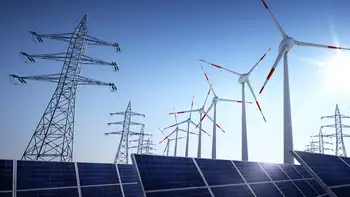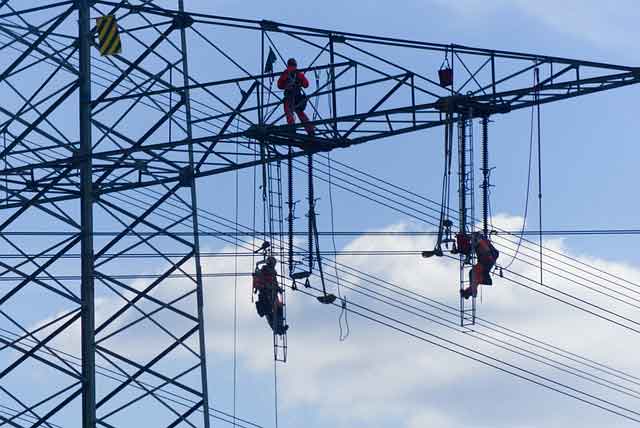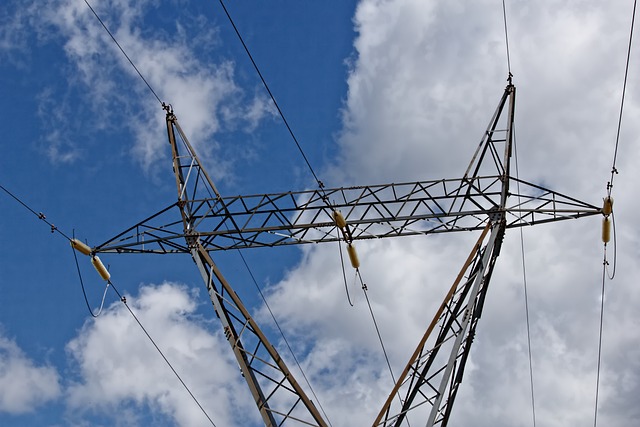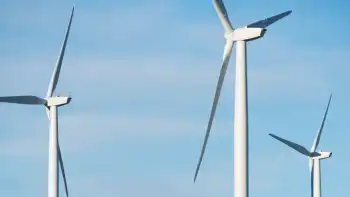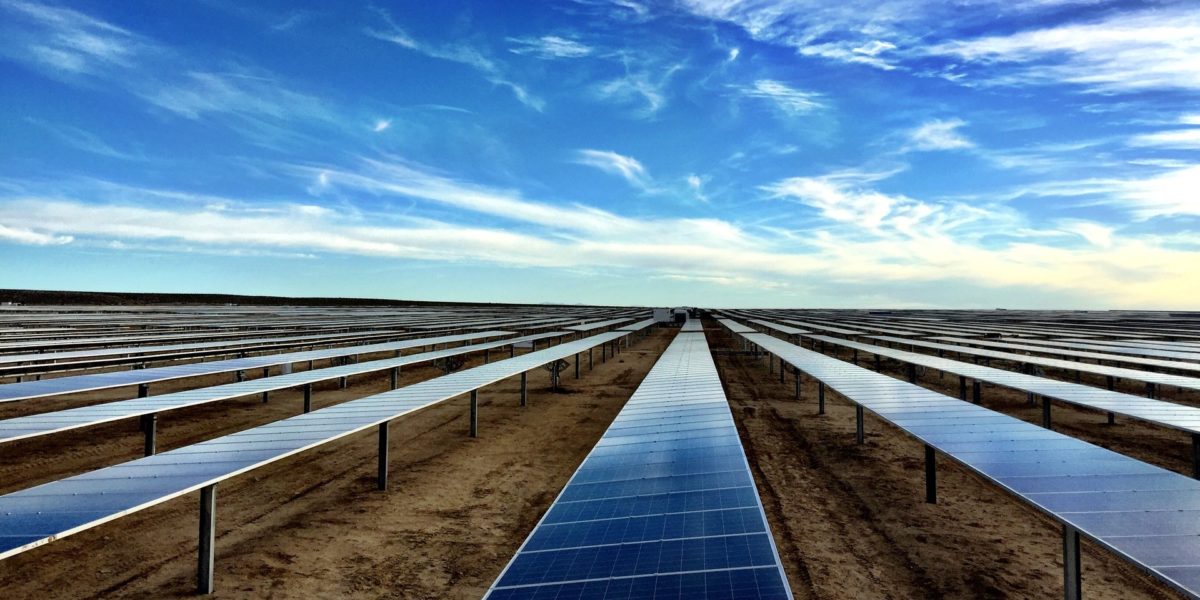Have power prices hit a peak?
By Houston Chronicle
CSA Z463 Electrical Maintenance -
Our customized live online or in‑person group training can be delivered to your staff at your location.

- Live Online
- 6 hours Instructor-led
- Group Training Available
While many retailers have held rates steady or even raised them this month, the decreases that have come are the first this year.
The lower rates followed a steep drop in the price of natural gas - a key power plant fuel that essentially sets the price of power in Texas - which has plummeted nearly 28 percent this month.
Since the end of June, some one-year fixed-rate electric plans have dropped by 10 percent or more in Houston and 5 percent in Dallas, according to a survey of the lowest-priced plans by ChooseEnergy.com, an online site that screens and compares retail electricity providers.
Exactly what savings customers might enjoy is hard to predict, even if the downward trend continues, because rate plans vary significantly - some locking in rates for as long as two years and others changing monthly.
Reliant Energy, the Houston area's largest provider, offers rates from 18 cents to 23.6 cents per kilowatt hour, varying with the length of the contract and the source of the power, according to the state's powertochoose.org Web site, which compares retail power plans available in the state.
Some of Reliant's rates are tied explicitly to the price of natural gas, while others offer electricity generated exclusively by wind.
Reliant is keeping rates steady for now, and is raising at least one.
The company recently sent a letter to customers on a rate plan known as Residential Flex, telling them the rate would be going up at the end of this month and that the rate would be subject to change every month, instead of every three months, depending on market conditions.
Reliant spokeswoman Pat Hammond said the increase on that plan was to catch up to prior natural gas price increases but that the company is encouraging customers to switch to more predictable long-term plans with 12- and 24-month terms.
If gas prices stay where they are or continue to decline, Hammond said, many Reliant customers probably will see lower rates.
Other retailers, including Direct Energy, FirstChoice Power, Gexa Energy, Green Mountain and TXU Energy, have said they are continuing to watch the wholesale natural gas and power markets to determine when to make changes in their offerings.
Prices could surge in relatively short order should a major hurricane hit the region. And the hottest part of the summer, when power demand is at its highest, is still to come.
But Steve Madden, senior vice president at retailer StarTex Power, is optimistic. His firm has dropped its one-year rate three times since the end of June, from 18.5 cents to 16.5 cents.
"It sure feels like we're past the worst of it this summer," Madden said.
Electric retailers tend to increase rates in lock-step with rising natural gas prices, but are a bit slower to let them follow gas back down, said Jerry Dyess, president of ChooseEnergy.com.
This summer, however, retailers appear quicker to bring prices down, likely in reaction to customer frustration with what have been record high rates.
"They want lower prices just as much as the consumers do," Dyess said.
Spark Energy is another firm that's been quick to cut its rates. In Houston, the one-year plan has dropped nearly 20 percent, from 19.2 cents to 15.4 cents, said Michael Osowski, senior vice president at the firm.
The price drops may seem modest, however, considering what the state's electric markets have been through this year.
Natural gas prices started the year at $7.62 per million British thermal units but climbed steadily before peaking at $13.57 on June 30, an increase of more than 78 percent.
Power rates followed suit, with retail prices for 12-month plans jumping as much as 47 percent in Houston and 35 percent in Dallas.





